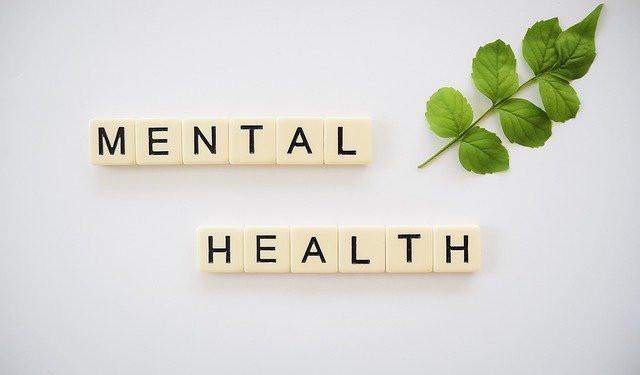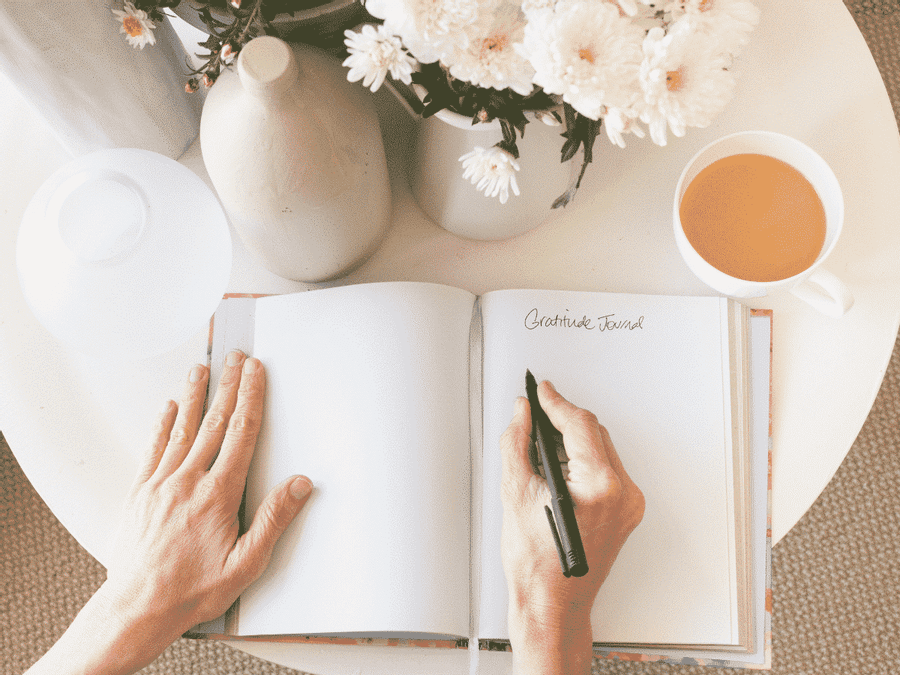7 Daily Habits to Boost Your Mental Health in 2023
Curated from: cnet.com
Ideas, facts & insights covering these topics:
9 ideas
·5.49K reads
72
Explore the World's Best Ideas
Join today and uncover 100+ curated journeys from 50+ topics. Unlock access to our mobile app with extensive features.
Simple mental health habits to boost your mental health:
Use These 7 Daily Habits to Boost Your Mental Health in 2023:
- Make relaxation a routine
- Practice gratitude
- Value social interaction
- Take care of your physical health
- Monitor your social media intake
- Journal your feelings
- Make yourself laugh
58
1.11K reads
1. Make relaxation a routine
Very few things in life are promised. Times of stress are, unfortunately, one of them. There will be times when you feel overwhelmed or stressed out. However, you can control how you respond to the strain by implementing relaxation techniques into your daily routine.
Meditation is a popular way to relax as it can help reach a state of calm, decrease stress and improve your mood. Some people even use music to guide them through their meditation sessions. If meditation isn't your thing, deep breathing, reading or taking a bubble bath are also popular techniques to relax.
42
705 reads
2. Practice gratitude
Including gratitude in your life is a way to create a positive outlook on your life. More than that, it has tangible benefits for your mental health, including reducing stress, lessening depression symptoms and boosting your mood.
Gratitude is a simple concept, but sometimes difficult to keep up with. In 2023, take time for self-reflection and share your gratitude with the people around you. If you like to journal, regularly write down a list of things you're grateful for.
43
618 reads
3. Value social interaction
- Sharing our time with others is sometimes just what we need to boost our mood or change our perspective on things.
- By making time for friends and family, you will decrease feelings of loneliness and ensure you have an emotional support system at your fingertips. If you can't regularly meet in person, text messages and zoom calls are all meaningful ways to connect with others without actually seeing each other.
- Boundaries are an essential part of mental health that help you from pushing yourself too far. Feel empowered to say no or move plans around when your body tells you to.
42
548 reads
4. Take care of your physical health
Mental health is directly tied to physical health - one cannot flourish without the other. The three main areas to target are:
- Sleep: If you don't get enough sleep, your brain doesn't have the chance to rest and recover.
- Food and hydration: Giving your body the nutrients and hydration it needs to function is another essential part of mental health. In addition to eating well-balanced meals, try adding foods to your diet that boost happiness.
- Exercise: Being active is another way to boost your mood and make you feel good. Adding exercise to your routine gives you a chance to bond with others, reduce anxiety and boost your confidence.
43
462 reads
5. Monitor your social media intake
Our phones are our lifelines. Most of the time, they're beside us, keeping us connected to the outside world through calls, texts and social media.
The hours spent scrolling through social media, comparing ourselves to the snapshot of perfection people post, can seriously impact our self-view and stain our mental health.
Constant social media use has been linked to worsened anxiety and depression symptoms, feelings of inadequacy and unhealthy sleeping habits.
41
513 reads
6. Journal your feelings
Journaling is a powerful tool to cope with mental health disorders by working through emotions and channeling thoughts.
A 2018 study found that journaling for 15 minutes each day significantly reduced stress and feelings of anxiety. Other research has linked it to helping work through PTSD symptoms or depression.
44
503 reads
7. Make yourself laugh
Sometimes, laughter is the best medicine:
- When you're feeling stressed or down, do things that will make you laugh to reduce anxiety and stress.
- Watch your favorite TV show or movie to give your mood a boost. Or find the source within yourself.
- Sing while you're in the shower
- Dance while cleaning your home. Dancing reduces the stress hormone cortisol in the body.
43
452 reads
Improving your mental health is a journey; it doesn't happen overnight. You can make lasting tweaks to your well-being by intentionally adding habits to your routine.
TAYLOR LEAMEY
41
585 reads
IDEAS CURATED BY
CURATOR'S NOTE
For overall well being and balanced mental equilibrium, it is necessary to work on your habits to keep you in shape mentally
“
Saketh Bro's ideas are part of this journey:
Learn more about mindfulness with this collection
How to prioritize self-care in the workplace
How to adapt to new work arrangements
How to maintain work-life balance
Related collections
Similar ideas
7 ideas
Social Media and Mental Health - HelpGuide.org
helpguide.org
1 idea
Surviving Chaos: 12 Simple Strategies to Boost Your Mental Health!
crazyfitnessguy.com
4 ideas
Read & Learn
20x Faster
without
deepstash
with
deepstash
with
deepstash
Personalized microlearning
—
100+ Learning Journeys
—
Access to 200,000+ ideas
—
Access to the mobile app
—
Unlimited idea saving
—
—
Unlimited history
—
—
Unlimited listening to ideas
—
—
Downloading & offline access
—
—
Supercharge your mind with one idea per day
Enter your email and spend 1 minute every day to learn something new.
I agree to receive email updates









